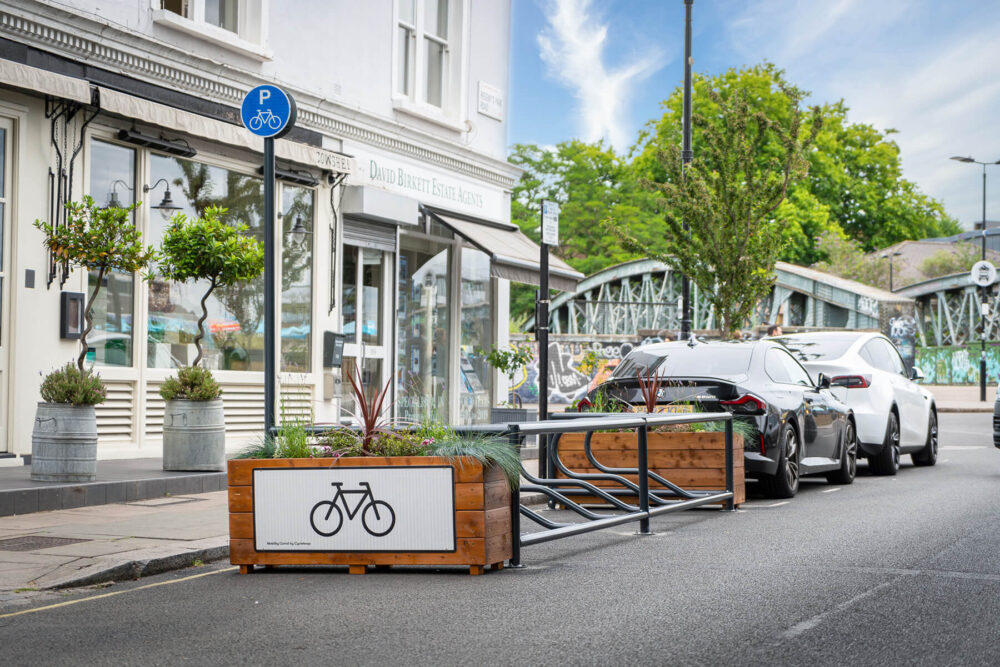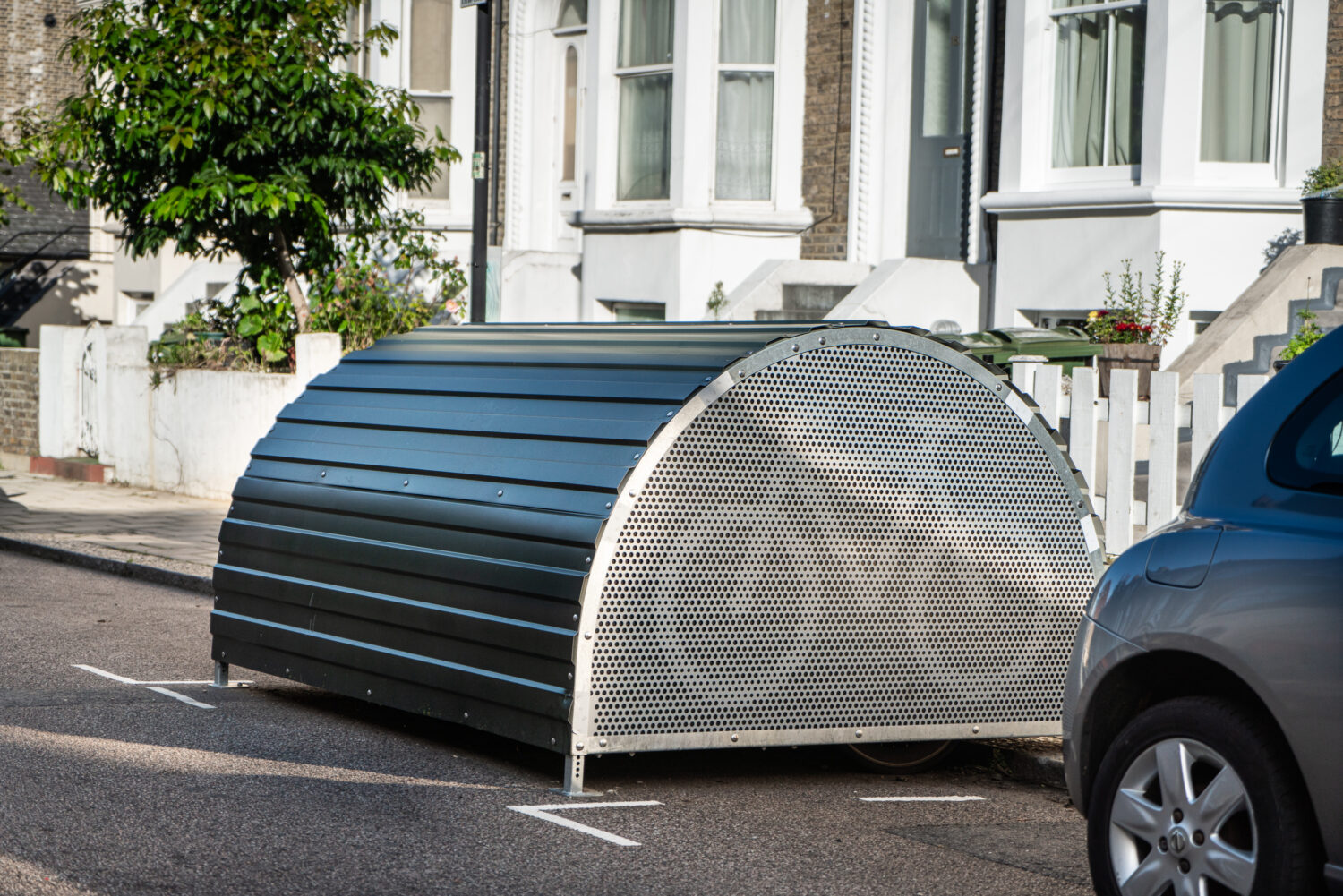Last week, the All-Party Parliamentary Group for Cycling and Walking (APPGCW) launched a landmark report on Active Travel and Social Justice. The report shines a spotlight on the persistent inequalities that prevent many people from accessing walking, wheeling and cycling—particularly disabled people, women, children, people from minority ethnic backgrounds, and those on lower incomes.
Understanding the barriers to cycling faced by people across the UK is key to ensuring we design products and services for the end user, so Simon Scarfe, Cyclehoop Strategy Manager, attended the launch:
Simon said “A wide range of leaders and decision makers from across the cycling sector attended the event, underlining the important role that social equity must play if we’re to grow the UK’s cycling population.”
The report outlines nine key recommendations to reduce these barriers and make active travel more inclusive and equitable. Among them:
- Reforming the Cycle to Work scheme into a more accessible “Cycle for Health” initiative, which would extend eligibility beyond full-time employees to include low-income workers, freelancers, and pensioners.
- Addressing pavement parking, which disproportionately affects disabled people and those pushing prams—groups often forced into unsafe carriageways due to blocked pavements.
- Removing physical access barriers from cycleways and footpaths, such as gates or bollards that exclude users of adapted cycles, mobility aids, or cargo bikes.
- Providing long-term funding for grassroots organisations that help more underrepresented groups cycling
At Cyclehoop, we welcome the report’s focus on removing systemic and physical barriers to cycling. Our work—ranging from secure residential Bikehangars, on-demand destination cycle parking, Trips, accessible cargo and adapted cycle storage, and pre-planned maintenance services—aims to create the kinds of environments where active travel is not only possible, but appealing and safe for everyone.

Secure parking plays a fundamental role in levelling access to cycling. We know that when people can store their cycles safely at home or their destination, they’re more likely to ride. That’s especially important for families, older riders, or anyone using expensive or adapted cycles.
The importance of secure residential parking is highlighted in a recent report by Sustrans, which found that only 41% of people on a low income or not in employment have access to cycle parking which is safe to use. You can read the full Residential Cycle Parking Report here.
Meanwhile, the report’s call to address pavement parking comes at a time of rising political momentum. As recently covered by GB News, the UK Government has confirmed its intention to bring forward new legislation giving authorities the power to enforce pavement parking bans outside of London. This is a change long advocated by accessibility and cycling groups including Wheels for Wellbeing, Living Streets, Sustrans, London Cycling Campaign and many others.
We’re proud to contribute to a future where secure cycle parking supports an inclusive, equitable active travel ecosystem. To read the full APPGCW report, visit the APPGCW Social Justice report.

